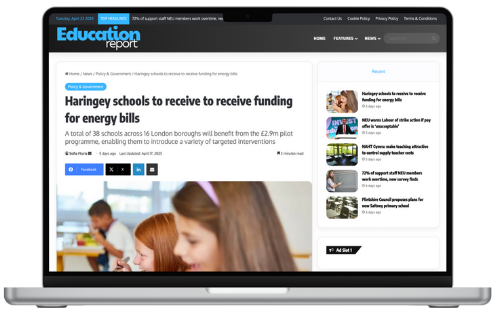Careers guidance for students from lower socioeconomic backgrounds varies, Ofsted finds
A new study has revealed that challenges collaborating with feeder schools were leading to some students from lower socioeconomic backgrounds having to self-refer to support services, with many missing out on tailored careers guidance

Careers guidance for post-16 students from lower socioeconomic backgrounds can vary in quality, a new report from Ofsted has found.
Ofsted was commissioned by the Department for Education (DfE) to carry out a study on the quality of careers guidance that students from lower socioeconomic backgrounds receive from further education (FE) providers.
Most FE students spoken to for the research were very positive about the careers guidance they received and spoke of being more confident and resilient as a result.
However, Ofsted also found that understanding and knowledge-sharing of students’ backgrounds were variable. College leaders reported that challenges collaborating with feeder schools were leading to some students from lower socioeconomic backgrounds having to self-refer to support services, with many missing out on tailored careers guidance.
Today’s report also found that all the colleges visited were providing at least general careers guidance that included support for disadvantaged students. The most effective careers guidance for students from lower socioeconomic backgrounds was found in colleges that integrated curriculum and employer needs into a cohesive strategy.
However, many colleges faced difficulties in recruiting and retaining experienced careers advisers, which in turn affected the quality of guidance offered. Traditional work placements continued to be challenging to implement, but alternative models of employer engagement were helping to bridge the gap. Despite these obstacles, students appreciated the careers guidance they had received.
To improve careers guidance for this group, the report recommends that FE providers have better definitions and guidance to help them identify students who are in need of extra support.
The report also recommends conducting further research to determine which types of careers interventions are most effective for students from lower socioeconomic backgrounds. It highlights the need for schools and colleges to improve collaboration in order to support a smoother transition to post-16 education.
Additionally, it calls for further evaluation of the benefits of traditional work placements compared to more flexible forms of employer engagement.
Lee Owston HMI, Ofsted’s national director for education, said: “We know how beneficial careers guidance is for all students, particularly those from lower socioeconomic backgrounds who may need more support to achieve their career aspirations. It’s reassuring to hear that, despite the challenges, students were very positive about the guidance they received post-16.
“I hope this research is helpful to policymakers and further education providers, as they improve the careers guidance they offer to students from lower socioeconomic backgrounds.”






